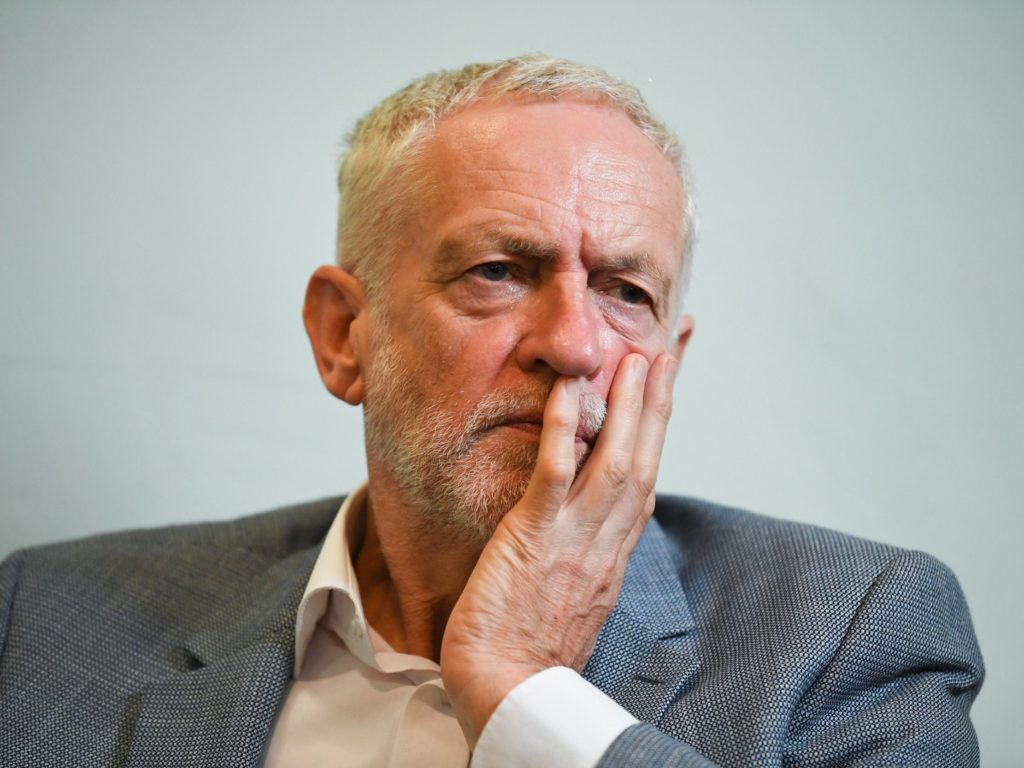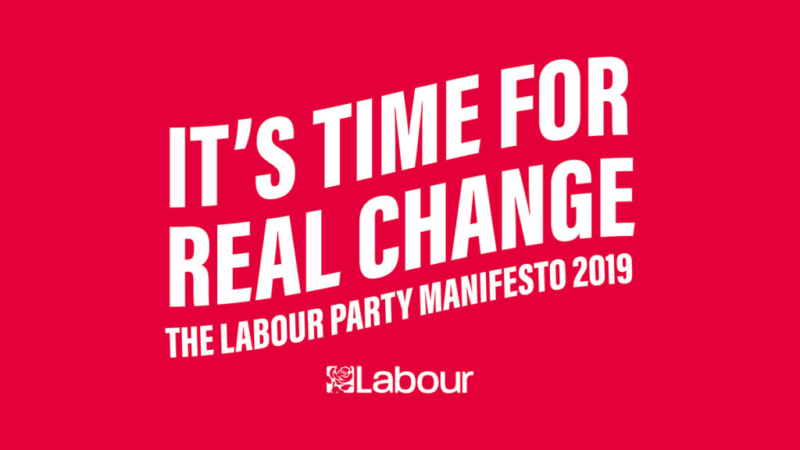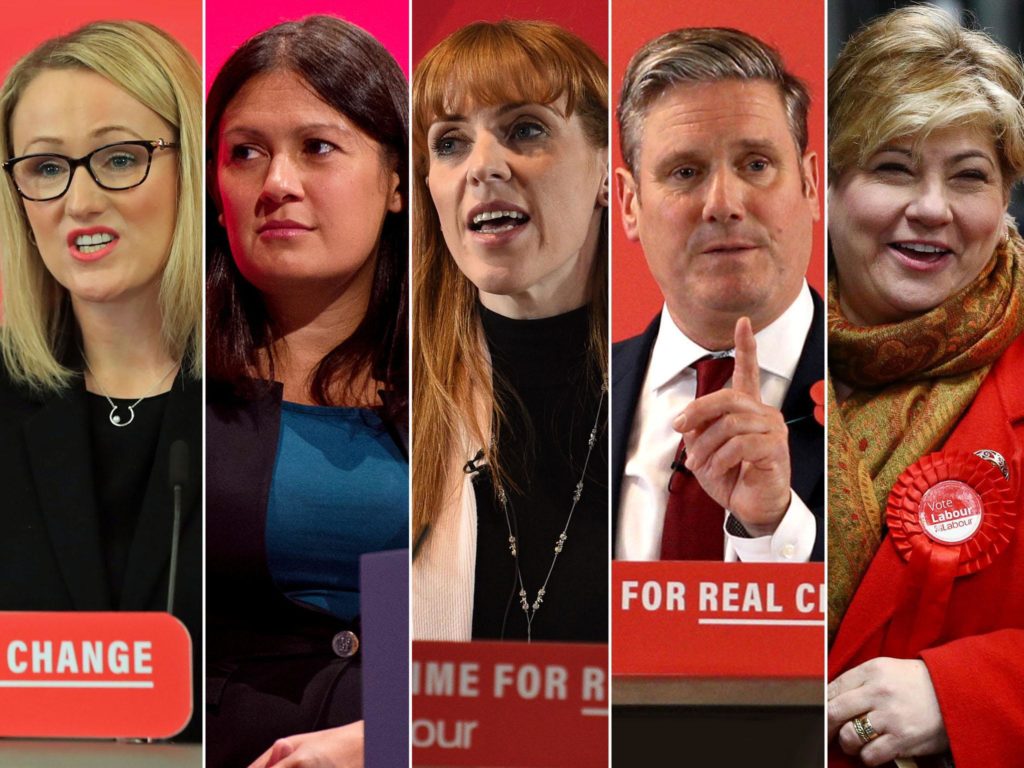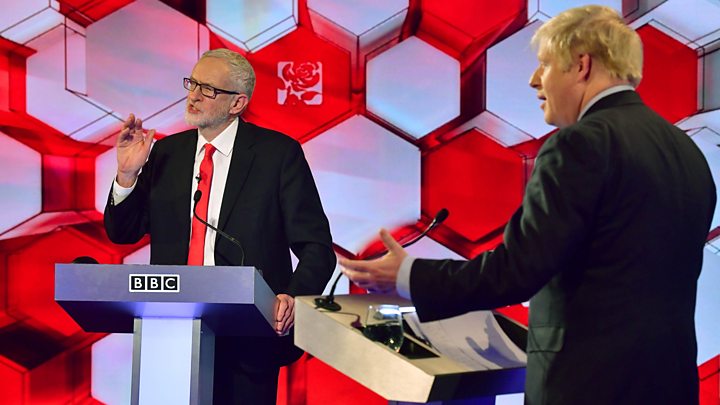Why Labour lost the election – Esme Peters
With its worst result in 84 years, one may ask the blunt question – how the hell?? Up against a contender such as Boris Johnson and a horizon of a no-deal Brexit coupled with a seriously unimaginative Conservative manifesto, a crushing victory by literally any other party should’ve been well within the art of the possible, so what went so wrong? In this article I am going to attempt to explain the political tragedy that was the Labour parties 203 seats out of the possible 650 in 5 (as simplified as possible) points…
- Jeremy Corbyn (I know, shocking, right!)
Shadow cabinet figures such as Richard Burgon were quick to praise the Labour leader’s decency and integrity in broadcast interviews overnight – but after the exit poll came in many candidates said that on the doorstep it was his lack of popularity that cost them. Corbyn went into the campaign with the lowest net satisfaction ratings of any opposition leader since the late 1970s. Among older voters, Labour campaigners said his past support for the Irish republican movement was a huge problem. In London, antisemitism and what people perceived as the absence of an apology appeared to be a key issue. Ruth Smeeth told the media the blame for the predicted result lay with the leader, she said, “His personal actions have delivered this result for my constituents and for swathes of the country overnight.”

2. The Labour manifesto (turns out Micheal Foot’s manifesto was actually only the second longest suicide note in history)
There was an incredible amount on offer in Labour’s 2019 manifesto It’s Time for Real Change. From free care for the elderly, free university tuition fees, reducing the voting age to 16 and payouts for Waspi women, the party attempted to speak to every sector of society. However it was not to be – a Labour source said, “It wasn’t that people didn’t like the policies, people thought there was too many of them. The free broadband was really unpopular. We hadn’t spent two years making the case for it and we just dumped it on them … so people thought ‘this is a weird luxury, why on earth are we being offered this?”. Jon Lansman, leader of the Corbyn campaign group, Momentum, said: “The manifesto was too detailed and too long. It was a programme for 10 years, not for government.” And for non traditional Labour supporters the manifesto was frankly too close to socialism to even be considered.

3. The parties Brexit strategy (did they actually have one I hear you ask)
The Labour leadership quickly blamed Brexit for overshadowing their radical domestic agenda, but others within the shadow cabinet believe their own approach to the EU was extremely unclear. The party’s chair, Ian Lavery’s assessment was telling of the rift that has existed within the shadow cabinet over its policy to renegotiate a Brexit deal with the EU within three months and put it to a public vote within six months should Labour have won a majority. Lavery told the media, “What we are seeing in the Labour heartlands is people very aggrieved at the fact the party basically has taken a stance on Brexit the way they have.” He said ignoring the wishes of 17.4 million voters was “not a good recipe”. “Ignore democracy and to be quite honest the consequences will come back and bite you up the backside”. Caroline Flint, who lost her seat in Don Valley, said the party had not taken the right approach considering the number of leave-voting seats it represented in the country. Furthermore Jeremy Corbyn’s personal refusal to actually state whether he was backing leave or remain was a point of disbelief for many, with many rightly pointing out that Boris Johnson had clear direction and opinion where Corbyn appeared to have little to none.

4. The collapse of the ‘red wall’
A regular line trotted out by opposition parties, particularly by the Conservatives and the Brexit party during the election was that Labour had taken its traditional working-class support base for granted. Despite promises to tax billionaires to fund investment in public services that would have helped those on lower incomes, Labour’s offer failed to convince voters in old coal, steel and manufacturing towns. The so-called “red wall”, made up of seats such as Bolsover, Rother Valley, Blyth Valley, Darlington and Redcar turning Tory indicated a severing of Labour allegiances that in some cases span back 100 years. For example in 1997 the Labour majority in Bishop Auckland was 21,064, in the recent election it became a Conservative seat – Conservative candidate Dehenna Davison grabbed 24,067 of the vote, compared to Labour’s Helen Goodman, who gathered just 16,105 votes.
5. The election strategy
In the postmortem of the election strategy, the allocation of supporters and campaigners to parts of the UK will be scrutinised in detail. Labour was aiming for a majority and spread its base wide, perhaps making its mission too expansive. Rallies were held in safe Birmingham and Bristol but also marginals such as Telford and Middlesbrough South and East Cleveland. Some activists complained that Momentum, which was a powerful campaigning force in 2017, focused its efforts only on the ultra-marginal seats and those that had a candidate aligned to its politics. This may have left some seats at risk with majorities of between 3,000 to 5,000, because the group did not always have a strong on-the-ground presence. Significant effort and manpower went into the trophy seats of Boris Johnson’s Uxbridge and South Ruislip seat and Iain Duncan-Smith’s Chingford and Woodford Green, both of which the Tories held.
However the good news is that Jeremy Corbyn has agreed he will not stand as the Labour leader in the next election. This means a leadership race has now begun and with a still sizeable momentum membership whether a Corbynite candidate is elected is yet to be seen. Those in the running already are Rebecca Long-Bailey, Emily Thornberry, Keir Starmer, Angela Rayner, Jess Phillips, Lisa Nandy and Yvette Cooper. The leadership race can be followed on most news outlets, although anyone who has taken to more regularly reading what I write will know that I think the Guardian is of course the best.
















Post Comment
You must be logged in to post a comment.